Valerios is a sharp new voice in fantasy fiction, known for blending wit, clever worldbuilding, and a deep love of progression arcs into stories that entertain and surprise. When he’s not arranging letters and numbers into immersive tales, he’s playing chess, spending time with good people, or trying to teach machines the difference between cats and dogs.
In this interview, Valerios shares what inspired his latest series, The Wrath of Jerry—a playful, heartfelt twist on necromancer tropes. He talks about mixing cozy home-building with world-shaking stakes, crafting a system where necromancy becomes a friendship rather than a curse, and why Jerry’s emotional intelligence might be his most powerful weapon. From flying whales to undead shoemaking, Valerios dives into the joyful chaos behind his slice-of-death fantasy and what makes Jerry’s journey both deeply human and hilariously unpredictable.

Jerry’s journey begins with death, but instead of a grim descent, we get wit, growth, and some sharp necromantic flair. What drew you to telling a story that mixes classic dark fantasy elements with a tone that’s so unapologetically playful?
Being unapologetically playful is kind of my thing, so giving a wholesome twist to something that is often presented as edgy or dark was the first thing that came to mind when I thought about writing a necromancer story. It was also inspired by One Piece, which is my favorite story ever.
From village outcast to world-altering force, Jerry’s arc seems both epic and personal. How did you approach balancing small-scale motivations (building a home) with large-scale consequences (confronting ancient conspiracies?)
This was the greatest challenge I faced with this story. The scaling itself was easy—Jerry resolved his small-scale arc, then went traveling and met people in the midst of grander quests. Lifting the Curse served as the catalyst for that, because it’s something I built up throughout the first arc and which naturally became Jerry’s next goal, leading him to discover ancient conspiracies as well as ongoing ones. It also took him to a more high-level area, the Dead Lands.
However, while the scaling was easy to handle, the change in vibe was not. The pace, theme, and almost the genre itself shifted after the first arc. Making that work was hard, and to be honest, I don’t think I did it perfectly. Part of this is because I took a three-year gap after writing the first part of the story, so my writing style changed as well.
That’s not to say small-scale and large-scale quests can’t work together. Just stay consistent!
Slice-of-death is such a fun twist on slice-of-life. What does that framing let you explore that a traditional adventure structure might not?
Being playful with necromancy involves dancing around a lot of dark subjects. Jerry was casually extracting skeletons from their bodies and chopping bones to later rearrange—while cracking jokes and wondering about shoemaking. That constant antithesis and forced perspective, to a degree, intrigued the readers. Or so I imagine.
I also like to believe that the fact that the undead were magically forced to obey Jerry—at first—made their transition from slaves to friends that much more impactful. Also, Jerry’s own behavior towards them, regardless of their respective statuses.
Necromancy often comes with heavy moral baggage in fantasy stories, but Jerry seems to approach it more like a craft than a curse. What was your philosophy behind how necromancy functions in this world, both magically and ethically?
Magically, necromancy reanimates body and soul while also warping the soul in the image of the necromancer. That’s part of the reason why all of Jerry’s undead, regardless of who they were before, act so wholesomely and kindly throughout the series. Reanimated souls also lose their memories and ability to speak, barring rare cases, and become magically enslaved to the necromancer.
Jerry never saw necromancy as a path to free manpower. He first got into it because of the deep calling inside him, not for any specific purpose. Over time, necromancy became his hobby. He became better mostly for the sake of it. Ethically, he never saw anything wrong—he was just giving these souls another try at life, surrounded by good friends and happiness.
The rest of the world disagreed, of course, because necromancy is viewed as a violation of the dead. And it is, when the undead are used as slaves. This approach and Jerry’s are wildly different on all levels. Even magically, there are important differences, as Jerry’s friendship with his undead means he doesn’t need to constantly wrestle their souls into submission. Towards the end of the series, he even released them completely, meaning they were no longer magically compelled to follow his orders. They did it anyway.
You’ve said you enjoy placing letters and numbers until something pleasant appears. How much of your process with this book was playful experimentation, and how much was tightly structured?
Oh, at least 90% playful experimentation. I did have a rough outline in mind, but even that changed regularly as cool ideas emerged while writing.
Your protagonists often aim for something simple—survival, growth, maybe a little comfort—rather than grand heroics. What appeals to you about centering those kinds of goals, and how do you keep them compelling across high-stakes plots?
They’re intimate. When reading about someone whose goal is to defeat the demon king, sure it’s fun, but nobody can really identify. Everybody feels stifled, however. Many people feel like outcasts, or lacking friends, or having them, or just wishing to become better and struggling against their weaknesses. I choose such goals both to draw the reader into the story and make the main character a true human, rather than a vehicle to action and glory. Not that this isn’t fine, it’s just that everything has its place in writing.
No matter how high the stakes, the person with simple motivations isn’t out of place—they’re just a real person thrust into a grand world. I dig that.
Jerry is constantly underestimated—by villagers, by guards, and possibly by readers early on. What’s the most fun part about writing a character who’s overlooked but secretly terrifying?
It has to be the reactions. When people’s eyes pop out as they try to reconcile reality with the mental image they had so far, and then they stumble and mutter, “Impossible…” After reactions, a close second is the knowledge that this person is incredibly powerful while nobody around them recognizes it. That he could erupt with power at any time, and that those reactions I mentioned before are bound to happen eventually, and that every snicker and remark made by the villagers will 100% bite them in the ass later.
This is the first book in a new series. Without giving too much away, what kinds of chaos can readers expect as Jerry’s path unfolds?
Flying whales, gods, apocalyptic battles, camaraderie and sacrifice…but also fun, calm night, and lots and lots of shoes.
Which character from your books would you most like to spend a day with, and why?
Jerry from Good Guy Necromancer. I feel he’d completely rejuvenate my social skills.
What’s the one piece of fan feedback that has stuck with you the most?
While writing my first story, a reader commented “Please don’t make this a dark passenger trope, I’m so sick of those.” You don’t need to know what that trope is. What matters is that the comment popped up in my mind occasionally for years, and I found myself steering clear of that trope, for what? To please a random reader, who in no way can speak for the majority?
That comment is still in my mind, reminding me to ignore isolated feedback.
What’s your favorite fan theory about one of your books?
In Cultivator vs. System, one of the main cast is a kobold named Koby. A reader gave a long comment praising my naming sense, explaining the parallelisms between this character and various similarly-named characters from the Bible, analyzing why every aspect of this name was well thought-out and matches perfectly with the character.
I named him Koby because it sounds like kobold.
I think about that comment a lot.

Jerry’s greatest strength—aside from necromancy?
Emotional intelligence.
What’s one trope you had the most fun subverting in this book?
Necromancy can be a side-gig to shoemaking.
What’s one thing people always get wrong about necromancy?
It doesn’t have to be evil!
If Jerry had an unlimited budget and no enemies for a week, what’s the first thing he’d add to his home?
A really really long shoe rack.
Get Valerios’ latest release, The Wrath of Jerry (Good Guy Necromancer Book 1), available on Amazon
An action-packed new Progression Fantasy adventure by Valerios, bestselling author of Road to Mastery.
Death is just the first step on his path to ultimate power.
Ostracized by his fellow villagers, hunted by bandits, and watched by the Royal Guard’s least elite squad, Jerry is called to balance creating a lovely home with practicing his craft and unleashing death and destruction on his enemies.
Unfortunately, taking it slow is not an option. Wizard supremacists tour the Kingdom, Archmages enact devious plans, and the world needs Jerry more than his village does. Adventure calls — death is overrated, anyway.
Thrust in the middle of ancient conspiracies, Jerry is not only determined to survive and thrive…but also to enjoy the process.
Experience this laugh-fueled new slice-of-death Progression Fantasy by Valerios, bestselling author of Road to Mastery. Follow Jerry down his path of necromancy as he grows in power, proving his unorthodox methods may hold a lot more merit than it seems.

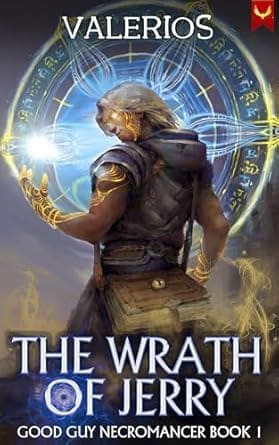
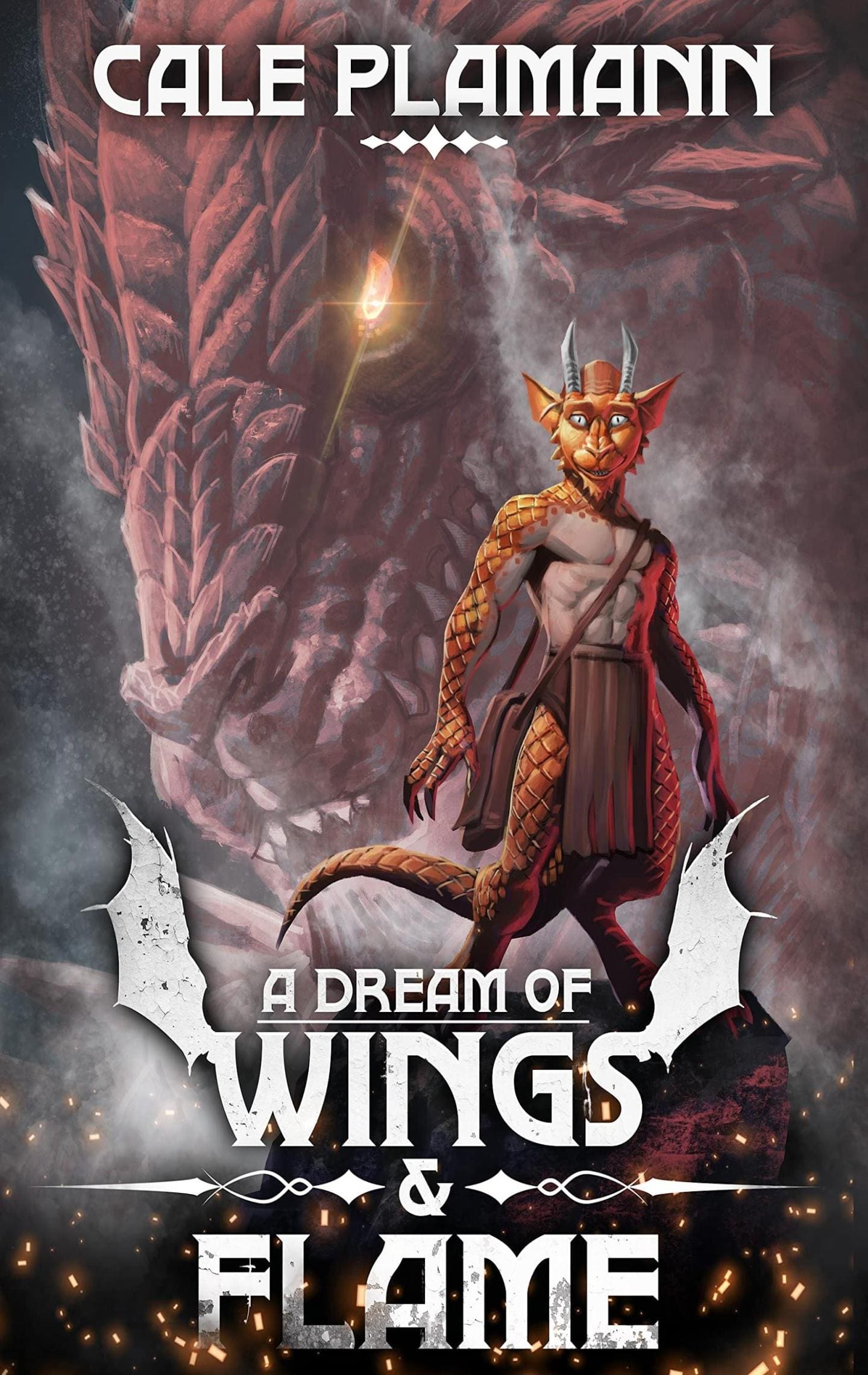
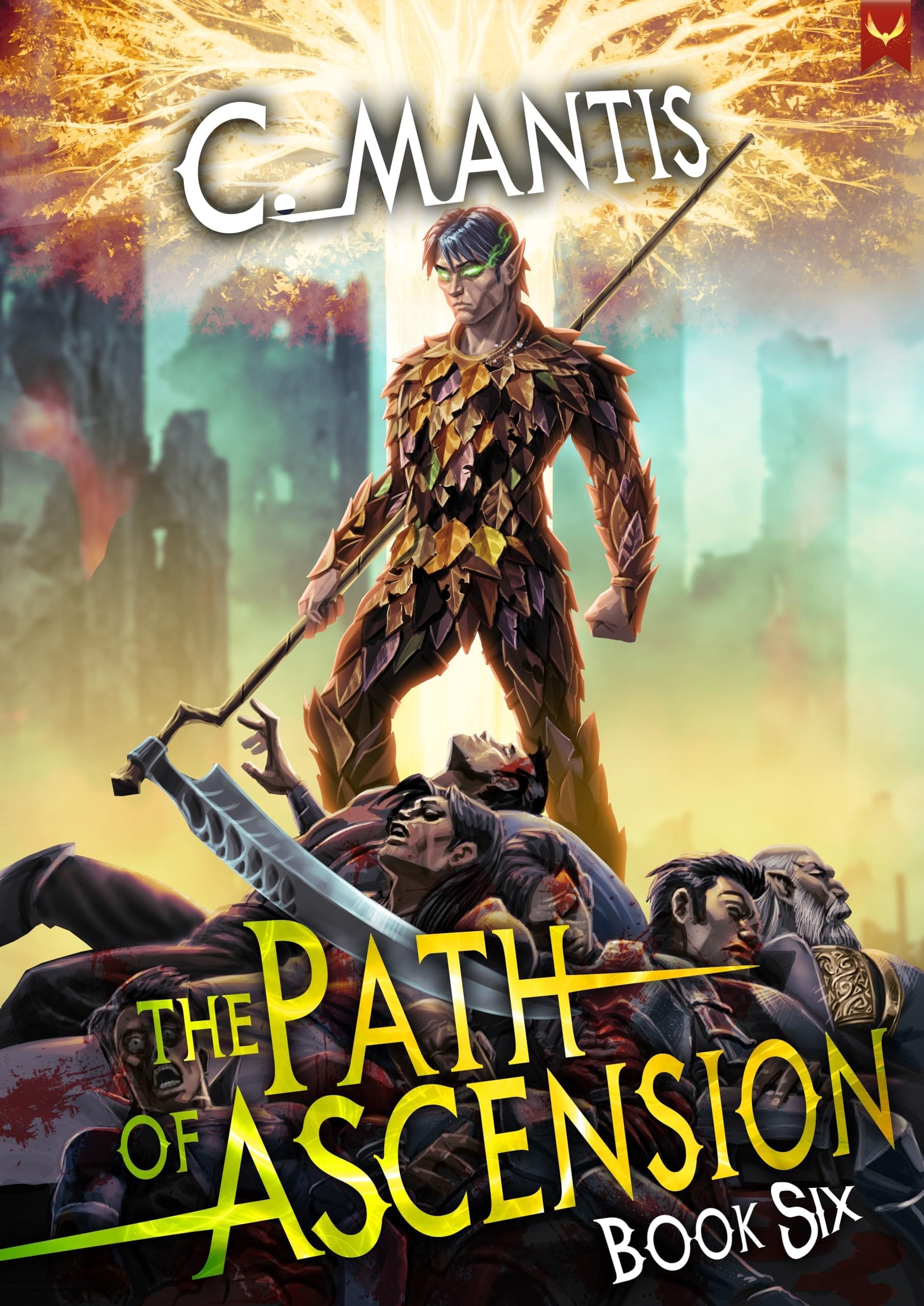
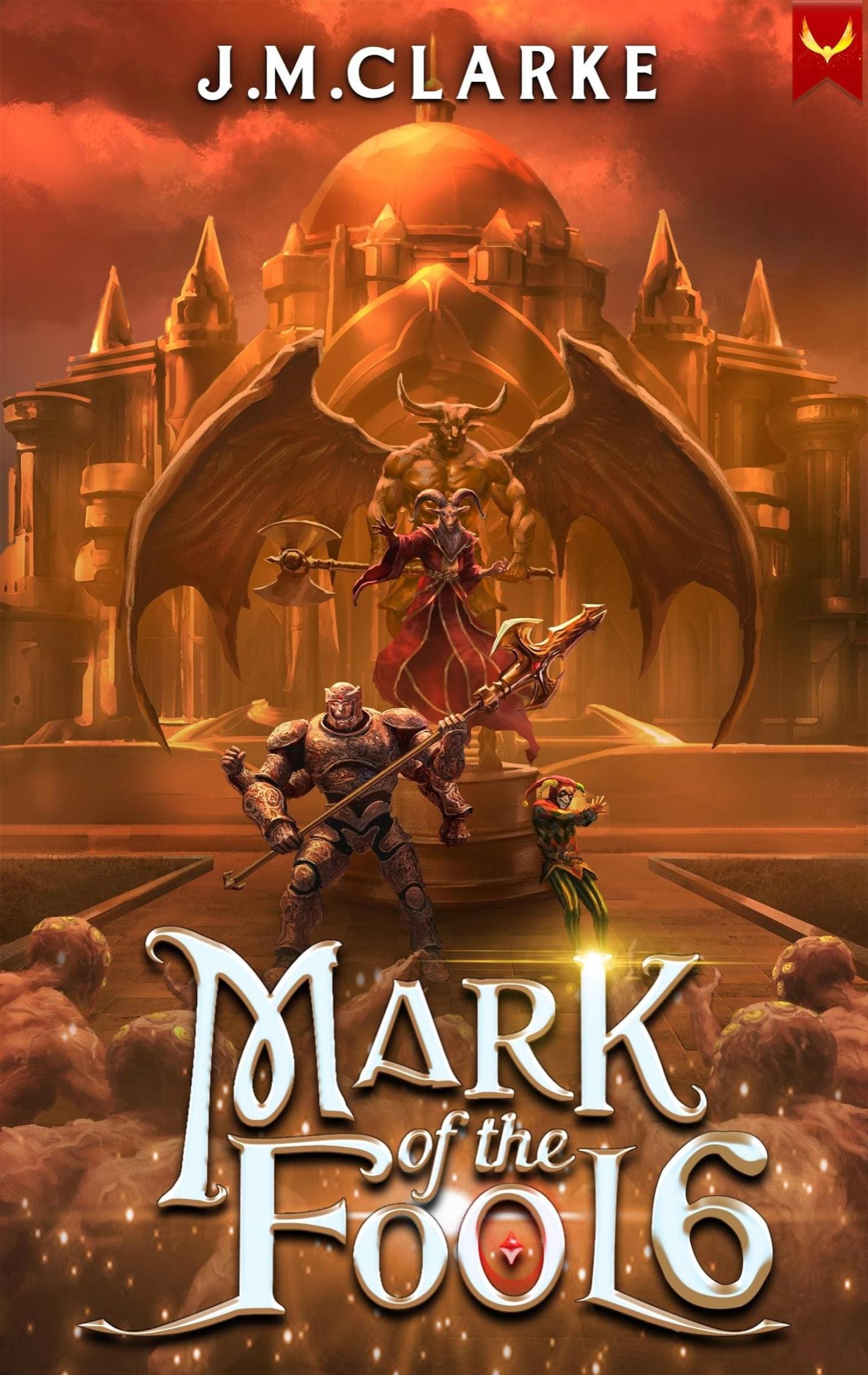
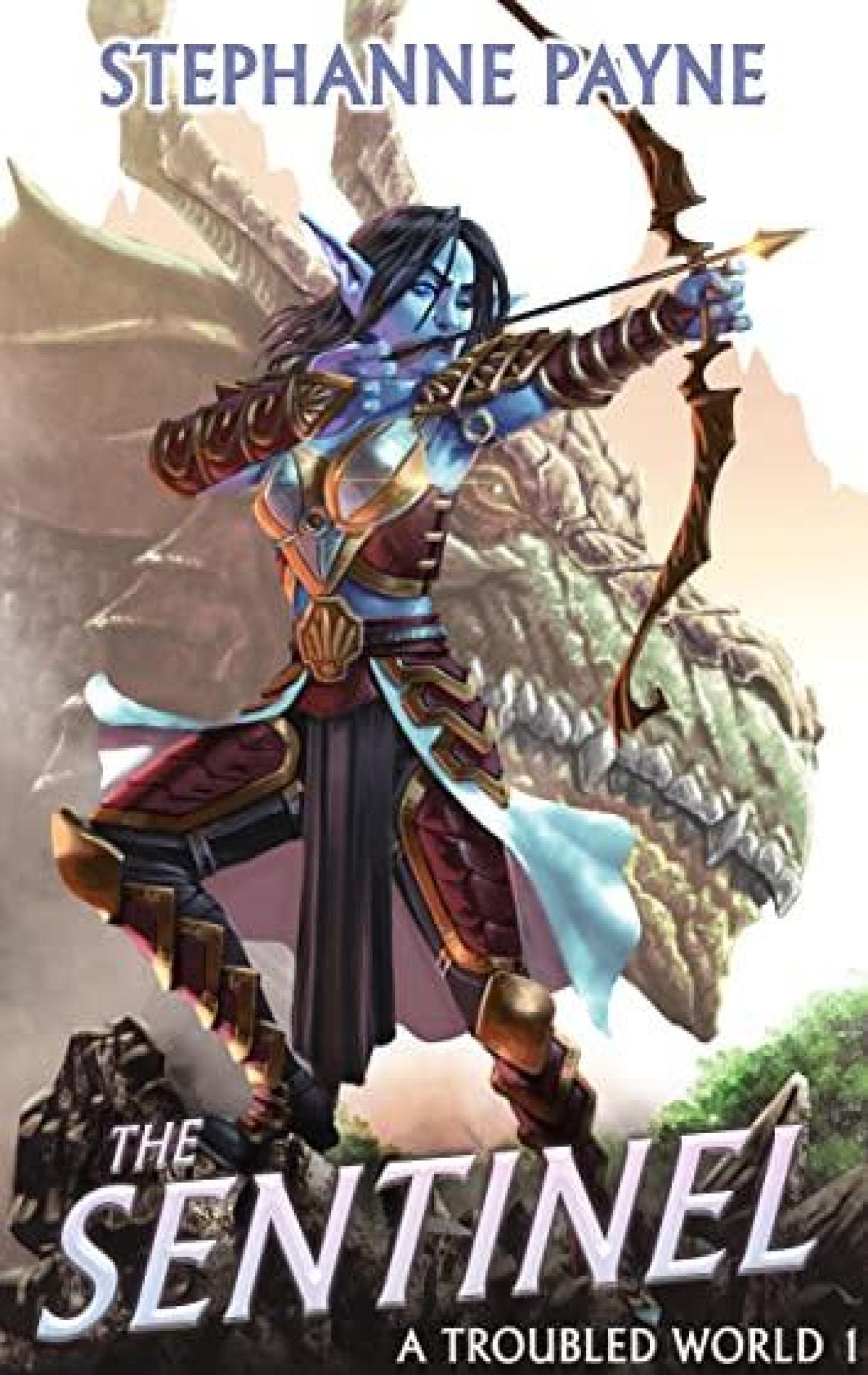
Leave a Reply